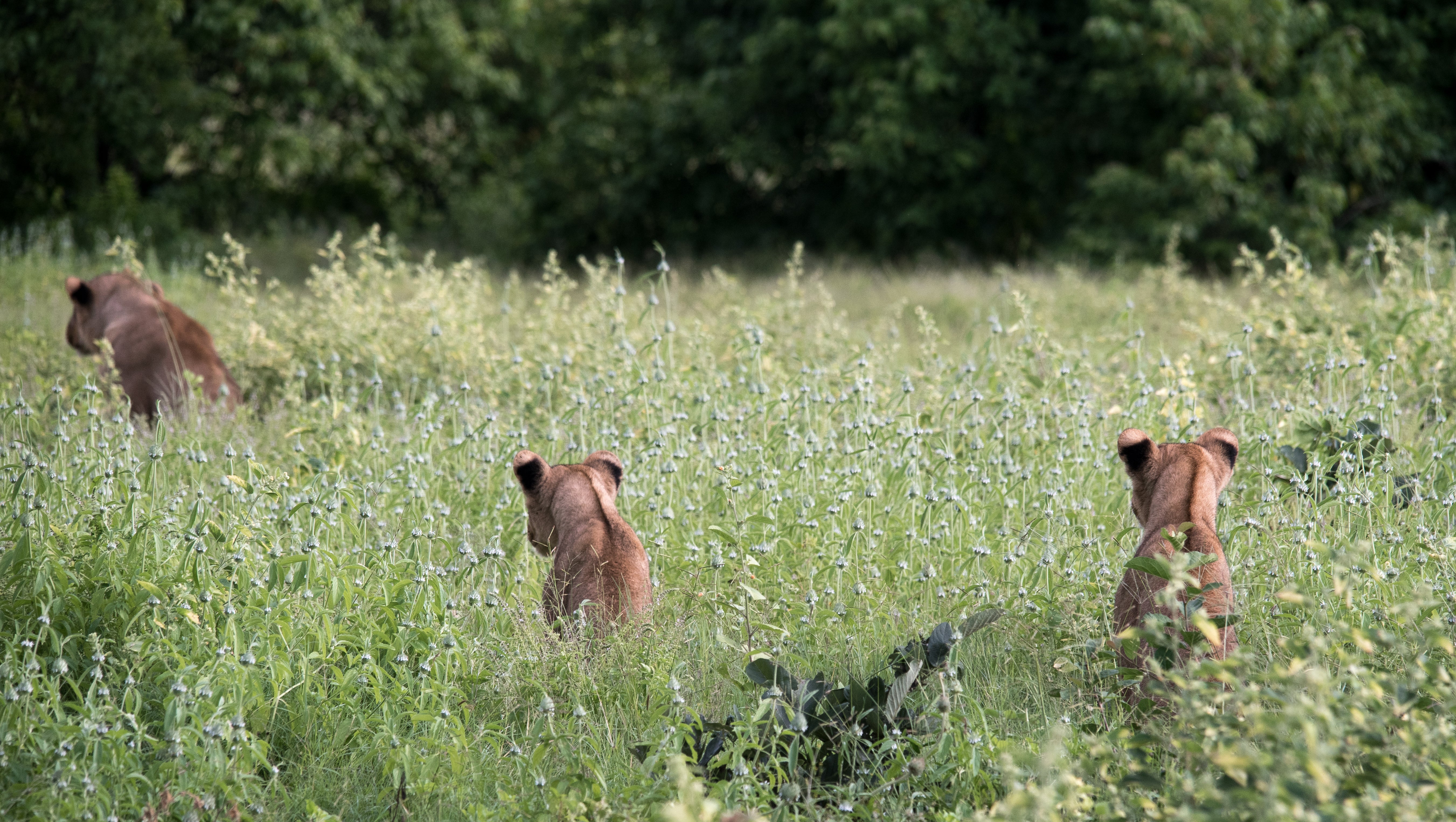Tiny flashing LED lights keep Kenya’s lions at bay
When lions kill livestock, the Masai retaliate with the simple solution of flashing lights on cattle kraals

Your support helps us to tell the story
From reproductive rights to climate change to Big Tech, The Independent is on the ground when the story is developing. Whether it's investigating the financials of Elon Musk's pro-Trump PAC or producing our latest documentary, 'The A Word', which shines a light on the American women fighting for reproductive rights, we know how important it is to parse out the facts from the messaging.
At such a critical moment in US history, we need reporters on the ground. Your donation allows us to keep sending journalists to speak to both sides of the story.
The Independent is trusted by Americans across the entire political spectrum. And unlike many other quality news outlets, we choose not to lock Americans out of our reporting and analysis with paywalls. We believe quality journalism should be available to everyone, paid for by those who can afford it.
Your support makes all the difference.Kenya’s Masai people have always lived alongside lions and other wild animals. When a cow or a goat is lost to a wild animal, warriors go out and retaliate by killing a suspect lion. As livestock numbers increase, the frequency of attacks increases, putting more lions at risk. Here a simple homegrown solution has been found: fitting cattle enclosures with intermittently flashing LED lights run off batteries charged by solar power. They deter lions from attacking at night. These are among many measures featured here to protect Kenya’s remaining lion populations.
Watch Dan’s full story here.

This article is reproduced here as part of the Giants Club African Conservation Journalism Fellowships, a programme of the charity Space for Giants and supported by the owner of ESI Media, which includes independent.co.uk. It aims to expand the reach of conservation and environmental journalism in Africa, and bring more African voices into the international conservation debate.
Join our commenting forum
Join thought-provoking conversations, follow other Independent readers and see their replies
Comments